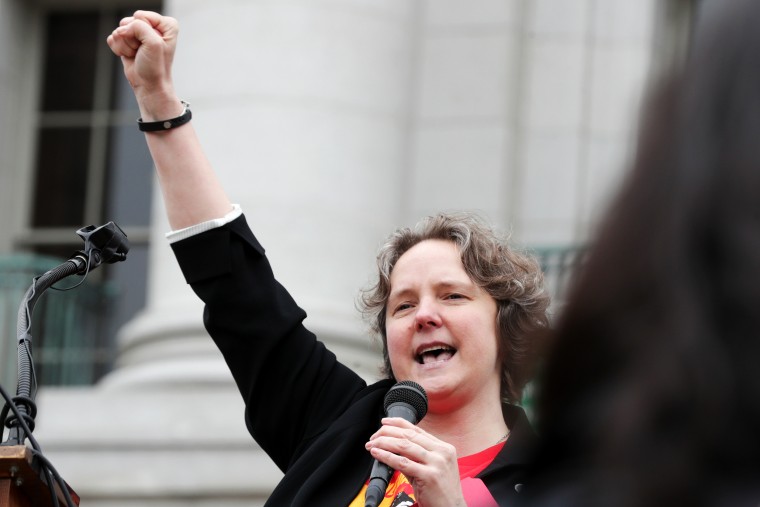In response to the growing income inequality and rising poverty rates in cities across the United States, a new trend is emerging – free cash programs. These initiatives aim to provide financial assistance to individuals and families living below the poverty line, offering them some relief from economic hardships.
One prominent example of a free cash program is the Stockton Economic Empowerment Demonstration (SEED) in Stockton, California. Launched in 2019, SEED provides 125 randomly selected residents with $500 per month for 18 months, no strings attached. The program aims to evaluate the impact of such direct cash transfers on the lives of low-income individuals and assess whether they can help alleviate poverty and improve overall well-being.
The success of SEED has inspired other cities to explore similar initiatives. In Oakland, California, the Guaranteed Income Pilot Program is set to provide 600 low-income families with $500 per month for at least 18 months. The program is part of a broader effort to address economic disparities and support communities most in need.
Furthermore, cities like Atlanta, Georgia, and Hudson, New York, have also introduced their versions of free cash programs to assist residents facing financial challenges. These initiatives underscore the growing recognition of the importance of direct cash transfers as a tool to combat poverty and promote economic security.
Advocates of free cash programs argue that they offer a more flexible and dignified form of support compared to traditional welfare programs. By giving individuals the autonomy to decide how to use the funds, these initiatives empower recipients and can help break the cycle of poverty.
However, critics raise concerns about the sustainability and cost-effectiveness of free cash programs. They argue that while providing cash assistance may offer immediate relief, it may not address the root causes of poverty and could potentially create dependency on government aid.
Despite these debates, the expansion of free cash programs reflects a shifting paradigm in the approach to poverty alleviation. As cities grapple with the challenges of growing inequality and economic insecurity, innovative solutions like direct cash transfers offer a promising avenue for supporting those most in need.
In conclusion, the proliferation of free cash programs in cities signals a growing recognition of the need for innovative approaches to address poverty and economic disparities. While these initiatives are not without their challenges and criticisms, they represent a step towards reimagining the social safety net and providing more effective support to vulnerable communities. Only time will tell the long-term impact of these programs, but their emergence marks a significant shift in how we think about and address poverty in society.




























